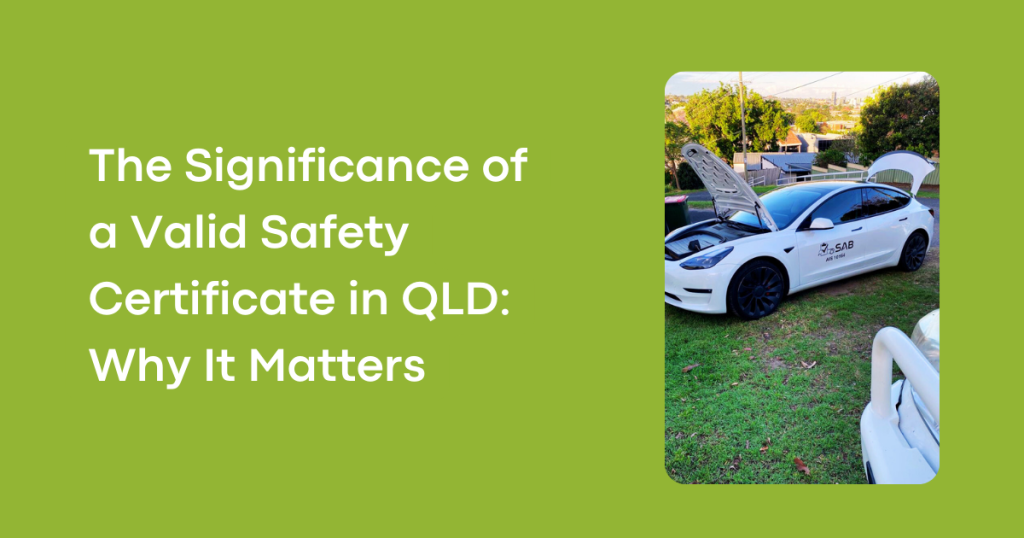Safety is paramount, whether it’s on the road, in the workplace, or in any other environment. In Queensland, Australia, a valid safety certificate is more than just a piece of paper; it’s a tangible demonstration of a commitment to safety and standards compliance. In this article, we will delve into the significance of a valid safety certificate in Queensland and explore why it matters so much in our pursuit of safety and risk management.
The World of Certification and Safety
Certification is a reflection of knowledge, skills, and experience. In the realm of safety, it is a credential that signifies a deep understanding of safety standards, risk analysis, and the ability to ensure safety in various settings. A certified safety professional, for example, possesses the knowledge and skills required to manage safety and mitigate risks effectively.
The Crucial Significance of Safety Certificates
Demonstrating Commitment to Safety
Obtaining and maintaining a valid safety certificate is a concrete way of demonstrating a commitment to safety. Whether you are a vehicle owner ensuring road safety or a business owner upholding workplace safety, having a valid safety certificate is a public declaration of your dedication to keeping people safe.
Risk Mitigation
Safety certificates play a pivotal role in risk management. They signify that a vehicle or a workplace meets specific safety standards, reducing the likelihood of accidents and injuries. For businesses, this translates into fewer workplace incidents, lower insurance costs, and a safer, more productive environment for employees.
Legal Compliance
In many cases, possessing a valid safety certificate is not just a choice but a legal requirement. For example, in Queensland, vehicles must have a safety certificate to be sold, transferred, or re-registered. Failing to adhere to these requirements can result in legal repercussions, including fines and penalties.
The Value of Validity
Safety Certificate Validity
One key aspect that amplifies the significance of safety certificates is their validity period. Safety certificate validity varies depending on the type of certificate and the associated safety standards. It’s essential to keep track of the expiration date and renew the certificate when required to ensure ongoing standards compliance.
Safety Certificate Costs
While obtaining and renewing safety certificates may incur costs, these expenses are a worthwhile investment in safety and risk management. The costs are not just financial; they encompass the broader benefits of a safer environment, reduced accidents, and legal compliance.
Professional Certifications and Safety
Certified Safety Professionals
In addition to safety certificates for vehicles and workplaces, there are professional certifications in the field of safety. Certified safety professionals undergo rigorous training and examinations to demonstrate their expertise in safety standards, risk analysis, and safety management. These professionals are essential in ensuring safety and compliance in various industries.
Conclusion
The significance of a valid safety certificate in Queensland extends beyond a mere piece of paper. It symbolizes a commitment to safety, risk mitigation, legal compliance, and the well-being of individuals and communities. Whether you’re a vehicle owner, a business owner, or a certified safety professional, the importance of safety certificates cannot be overstated. By upholding safety standards and possessing valid certificates, we contribute to safer roads, workplaces, and environments for all. In the realm of safety and certification, knowledge, skills, and commitment go hand in hand in creating a safer and more secure world.
